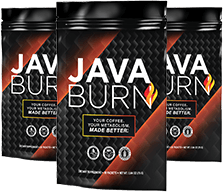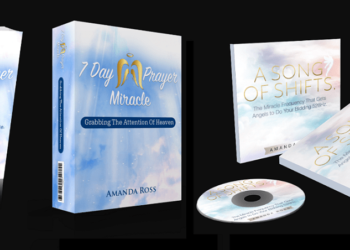As my toes shuffle alongside Philadelphia’s Schuylkill River path, the dreary January chill reddening my face, I’m reminded of after I used to do that a hell of much more. I might lay down 90-mile weeks, month after month, like train tracks on my path to an Olympic Track & Field Trials qualifier within the 1500 meter run—a dream dashed by Covid.
Three years faraway from two-a-days and Sunday 18ers, I now prohibit my weekly running to a healthful 20-some—relying on companionship, illness, and the climate. Mainly the climate. With right this moment’s chill, two-point-something miles is loads. Maybe tomorrow I’ll hit six miles, or possibly—gasp—I’ll take a day without work.
Related: 20 Best Exercises for Every Muscle, According to Science
Research reveals that common running is nice for you. But at my peak, I used to be always creaky, sore, and drained, regardless of how a lot I foam rolled my zapped calves or hammered my aching quads with a Theragun. Nowadays, I’m match, motivated, and energized—emotions that inconsistently flickered on and off throughout my high quantity years. I questioned, because the river lazed by, the place’s the purpose the place your miles develop into an excessive amount of?
According to Aaron Baggish, M.D., FACSM, FACC, professor of medication and sports activities science on the University of Lausanne in Switzerland and avid runner, it relies upon.
“The more running you do up to a certain point, the more benefit you get,” he tells Men’s Journal. “Above five to six hours of running per week, you’re not getting any more return on your investment from a health perspective.” That places the high-end round 35 to 40 miles per week for a runner averaging a 9:00 mile tempo.
That doesn’t imply that running is dangerous for you previous a sure quantity, Baggish notes—although a current research revealed in Missouri Medicine did uncover that high volumes of strenuous exercise aren’t optimum for longevity. In truth, the excellent news is {that a} healthy, sustainable dose of cardio doesn’t take so long as you’d suppose. My 20 to 30 miles per week is greater than sufficient. But I’ve been running for 14 years. If you’ve by no means run earlier than, you shouldn’t bounce into running that a lot. In truth, to see health advantages, you don’t even want to run that a lot.
“[If you’re] a non-runner doing zero minutes of aerobic activity per week, going from doing nothing to as little as 10 minutes a day can reduce your risk of cardiovascular disease by 15 to 20 percent,” Baggish says.
For us regular runners, he points to the Center for Disease Control and Prevention’s Physical Activity Guide for Americans, which recommends 150 minutes of reasonable depth exercise or 75 minutes of vigorous depth exercise per week, ideally unfold over 5 days.
The CDC information defines reasonable depth cardio exercise as “anything that gets your heart beating faster than usual,” referring to actions like brisk strolling or enjoying doubles tennis. But we’re speaking concerning the CDC’s definition of vigorous exercise—running or different cardio exercise. Therefore, to fulfill the minimal pointers, you solely must squeeze in a pair miles per day, 5 days per week.
This minimal suggestion could be a shock to many runners—definitely me—who default to a “more is better” training mindset, which is a fallacy Baggish notices on a regular basis.
“I’ve worked with lots of the best runners around the world, and I can tell you the single most useful thing that I ever do for them is convince them to rest more,” he says. “It’s almost never about changing the training plan or increasing intensity.” Multiple studies agree with Baggish—restoration is just as important as the training itself, because it reduces threat of harm and sickness and boosts athletic efficiency.
Related: We Tested Every Running Shoe Asics Offers. These Are the Best
I’ve definitely felt extra snug in day-to-day life since I dropped my mileage. I’m extra energized through the day, sleep higher, and have extra time to spend with family and friends. It’s tough to self-regulate, although. A research revealed within the International Journal of Sports Science & Coaching discovered that on a regular basis athletes had worse restoration habits in comparison with “expert” athletes, who add devoted restoration methods to their routines. The paper concludes that “developing self-regulation skills can benefit athletes’ physical and mental recovery from training and competition, and ultimately, can have positive effects on long-term health, well-being, and performance.” Because the common person doesn’t dwell the life of a professional athlete with afternoon hours devoted to napping, restoration may take the type of days off or shorter runs.
So subsequent time you need to tack on an additional mile or add one other run to your week, take a step again. Think about whether or not it’s price the additional effort. And encourage your self to take days off. I’ll be proper there with you, dubiously searching the window on a sunny Saturday morning, selecting to depart my running footwear within the closet.



















Discussion about this post